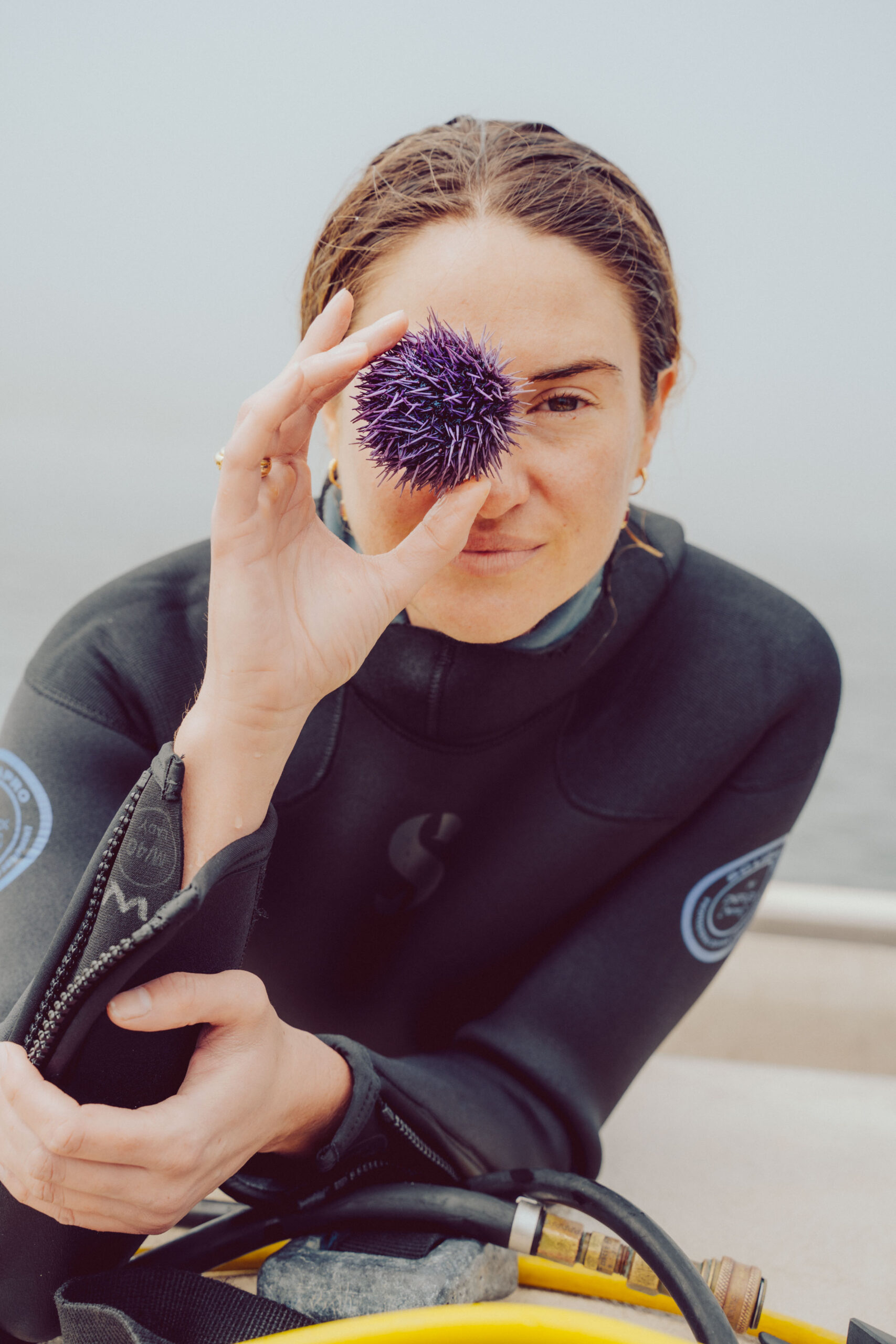Actress Shailene Woodley grew up spending time in the ocean, and her love of the water has helped fuel her passion for conservation, including her climate work with the organization Conservation International (CI).
“There’s a spiritual experience that I have when I’m in the ocean,” said Woodley, 33, whose acting credits include the ABC Family show “The Secret Life of the American Teenager,” the Academy Award-winning film “The Descendants,” and the hit HBO series “Big Little Lies.” “I think it’s why surfers become addicted to surfing. I think it’s why fishermen become addicted to the craft of being a fisherman. It is an addictive tranquility that’s difficult to find anywhere else, and so in that pursuit, yes, I find it incredibly important to protect the natural resources, or the natural resource that is the ocean.
“I mean, 50% of our oxygen comes from the ocean. The livelihood of people around the world and coastal communities is 100% dependent on ocean health and ocean security. And so it’s a very important thing to pay attention to.”
Making the connection between nature and people
Woodley, who was born in San Bernardino, Calif., has been on the CI leadership team since 2016 and recently joined its board. CI conducts fieldwork to combat climate change, and has invested in policy, finance, and science to benefit nature.
That’s not often how work that addresses climate change is talked about, but it’s a message that resonates with Woodley. “It’s very intersectional in terms of the approach of recognizing you can’t address what’s going on with our environment without addressing bureaucracy, without addressing socioeconomic situations in various parts of the world, and how it’s constantly changing just based on the climate of that particular country or community,” she said.
With this more holistic approach, Woodley notes, it’s easier to see how interconnected the health of nature and people are. “When you pigeonhole onto just the aspect of climate, you’re leaving out the main issue, which is human beings being a part of what needs to be looked at, protected, and affected by the way we approach our environment,” she explained.
Harnessing resilience and community
Even with that realization, staying committed to promoting and propelling change to protect the planet can test a person’s resilience, Woodley said.
“[Change is] frustrating,” she said. “And you get told ‘no’ 100,000 times before you get half a ‘yes,’ and then you get told ‘no’ another 100,000 times before you get another quarter of a ‘yes.’ It can feel really isolating, it can feel really lonely, and it can feel really frustrating when the same door that you’ve been knocking on has no movement forward.”

Woodley emphasized the importance of not letting that frustration stall motivation. “I have the choice to use that anger as fuel for defensive action, or I have the choice to use that anger as fuel for offensive action,’” Woodley said.
Protests and posting on social media are parts of the puzzle, but to bring about a purposeful solution, she said, “what it really takes is putting your feet in the mud and deciding that you’re going to make a difference, no matter what that looks like.”
One of the underestimated aspects of offensive climate work that people in Woodley’s circle have been increasingly discussing is the importance of community.
“It’s really easy to get lost in the macro vision of everything because the world right now feels so overwhelming,” Woodley said. “And when it comes to the environment, the messaging and the narrative can be full of so much doom and gloom and fear and terror. But the thing that counteracts all of that fear always is love, and love can be found in community, and community can really change the world and affect legislation and the way things work.
Woodley’s advice for anyone interested in getting involved in climate work? “Find your community, seek your community, grow your community,” she said. “And protect it at all costs.”



